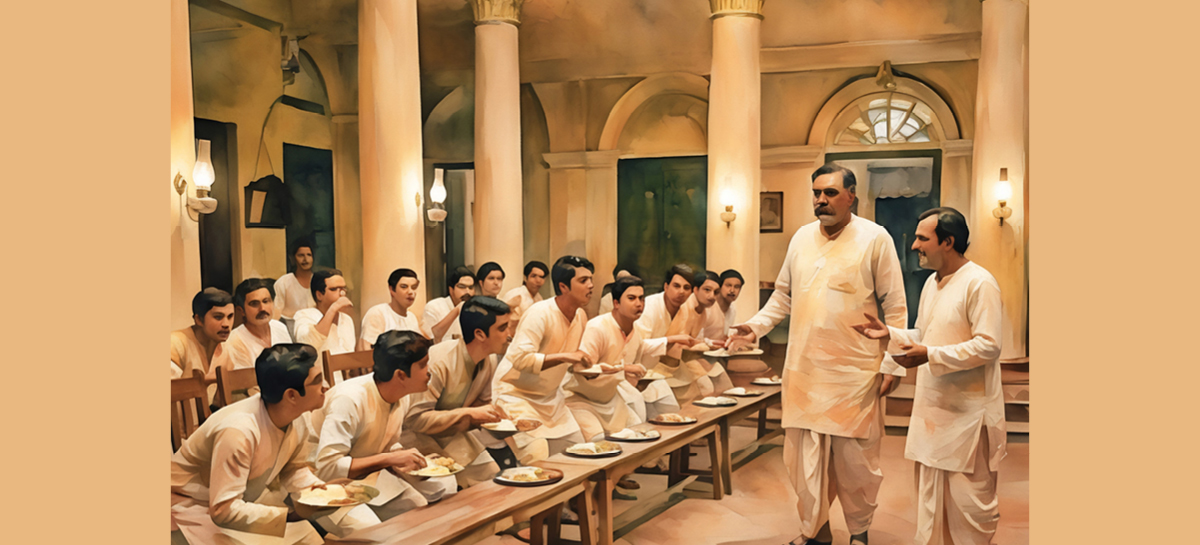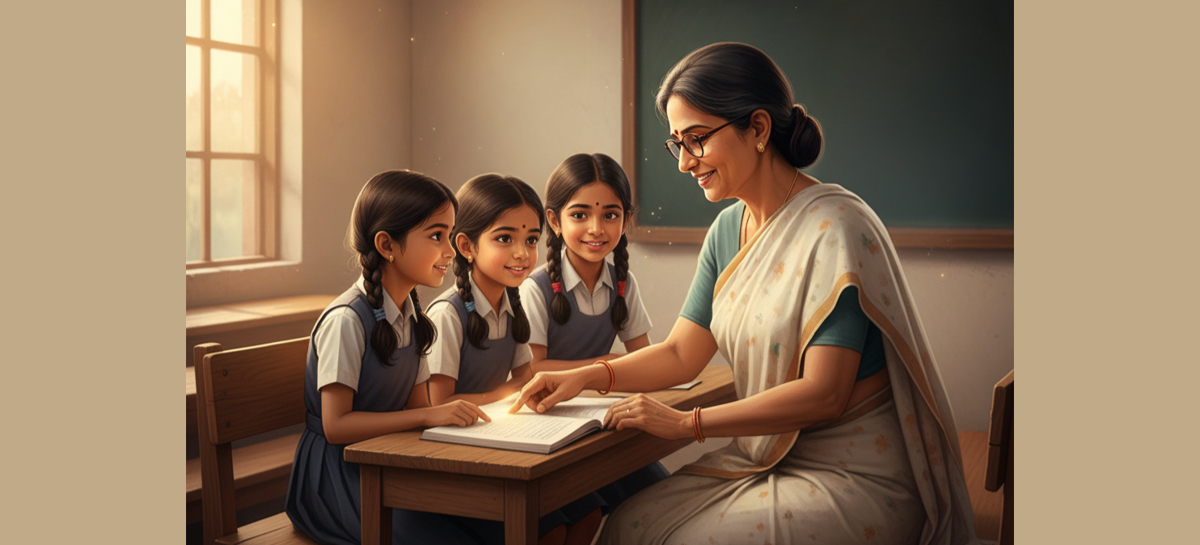Family stories have a way of keeping the past alive—bridging generations through humour, admiration, and memory. Our member Ms S. Dutta fondly recalls an anecdote passed down in her family about her uncle and a celebrated personality of Bengal.
My mother’s family hails from Jessore district. My maternal uncles were seven brothers—five doctors and two barristers. My Mejomama (middle uncle), who was a barrister at the Kolkata High Court, was a friend of the mathematician, lawyer, jurist, judge, and educator Sir Ashutosh Mukherjee, popularly known by the epithet “Banglar Baagh” (“The Tiger of Bengal”). Whenever Sir Ashutosh hosted a gathering at his house, my Mejomama enjoyed the privilege of being invited.
Since my childhood, I would hear the grownups laugh and titter about how visiting the great man came with a certain punishment in the form of uth-bosh (squats). One day, I finally got to know the story behind the mirth.
Sir Ashutosh was a towering figure in Bengal in those days, and anyone who knew Mejomama angled for a chance to meet him. My uncle was a warm, amiable man with a kind heart and knew almost everyone in his neighbourhood. He was especially close to the youth, many of whom were eager to meet Sir Ashutosh.
One evening, Mejomama was on his way to attend a function at the famous educator’s house, and he told the younger lot they could come along if they wished to meet him. A big group of boys jumped at the chance and tagged along.
When food was being served, Sir Ashutosh walked in to find a huge gang of boys eating heartily. Naturally, seeing so many unfamiliar faces, the Tiger of Bengal enquired, “Who are all of you? Whom have you accompanied here?” Startled, the boys all stood up in unison. Thankfully, at that very moment, Mejomama appeared and took Sir Ashutosh aside to explain the situation. Within a few minutes, everything had been sorted and Mejomama asked everyone to sit down.
All’s well that ends well, one would say, but the story stayed on in our family. The grownups would often recall the incident and jokingly say that one could not come away from a visit to Sir Ashutosh’s house without having done their share of uth-bosh (squats).
(as narrated to Support Elders by our member)


